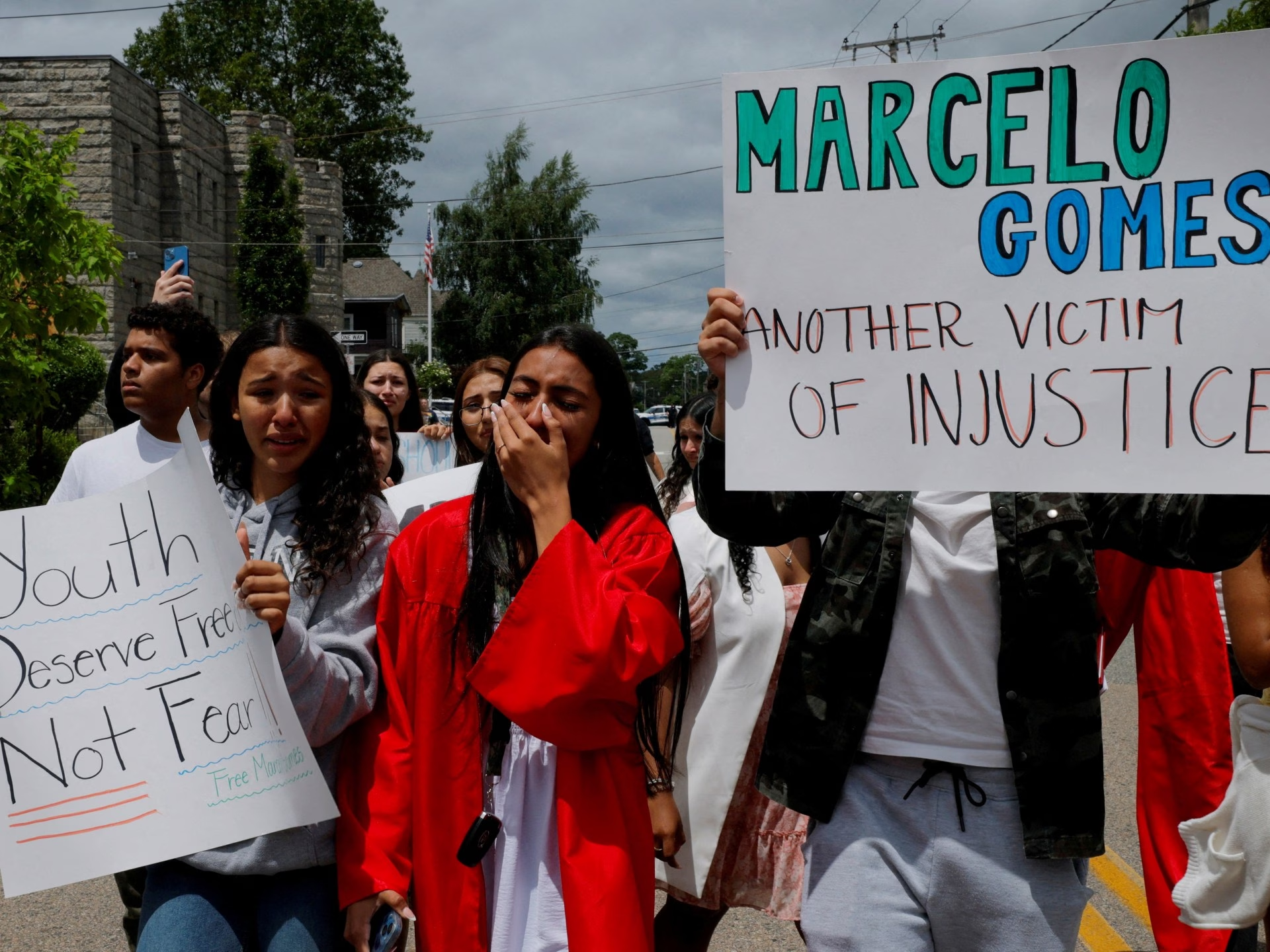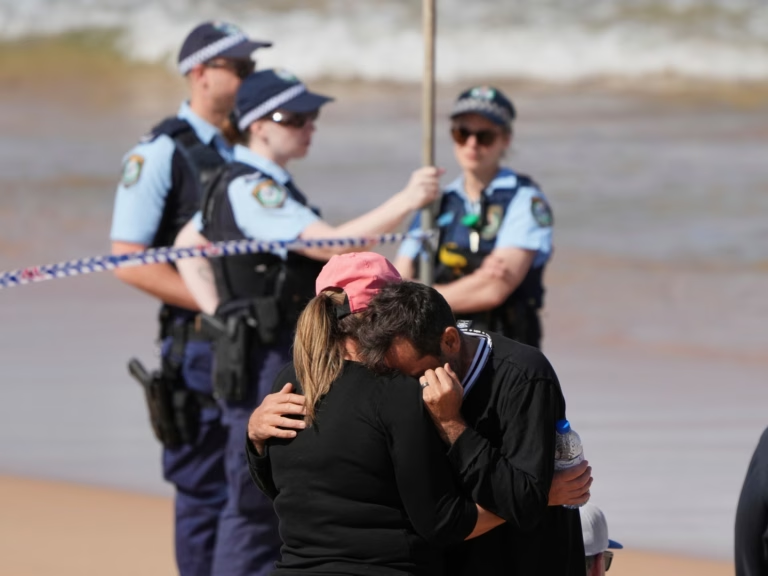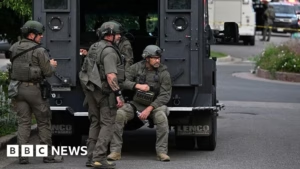Months after her arrest for a minor traffic violation – turning right on a red light – Arias Cristobal continues to struggle with how this incident has dramatically altered her life. She finds herself in a detention center facing a court date for her deportation.
During a recent news conference, Arias Cristobal recounted her harrowing experience at the Stewart Detention Center in Lumpkin, Georgia, describing it as an indelible trauma that has left emotional and mental scars. Since then, she has become a symbol of a broader, aggressive deportation policy affecting undocumented immigrants across a range of backgrounds, regardless of criminal history.
Although President Donald Trump had centered his campaign on expelling undocumented “criminals” and called for a mass deportation campaign, critics point out that immigration agents are increasingly targeting individuals from varied backgrounds who pose little threat.
Vanessa Cardenas, executive director of America’s Voice, an immigration advocacy group, suggests that this aggressive pursuit is largely driven by heightened quotas, leaving vulnerable populations such as young undocumented immigrants, or “Dreamers,” particularly exposed.
As a participant in the Deferred Action for Childhood Arrivals (DACA), Arias Cristobal represents one of the approximately 3.6 million Dreamers in the United States. DACA provides certain young immigrants brought to the country as children temporary protection from deportation, albeit only to a fraction of those eligible due to limitations and ongoing legal challenges.
Gaby Pacheco, leader of TheDream.US, highlights that many Dreamers are without DACA protection, leaving tens of thousands vulnerable to detention and deportation. The organization offers support to these Dreamers during their initial year of higher education, with 90% lacking any legal protection.
Advocacy groups are warning that recent policies ramped up by the Trump administration, such as increased daily quotas for immigration arrests and a proposal to dramatically increase funding for deportation and immigration enforcement, signal an escalation in enforcement efforts not aligned with criminal statistics indicating undocumented immigrants commit fewer crimes than their native-born peers.
Some policies have been reversed, including enforcement restrictions in sensitive locations and the invocation of a 1798 wartime law for swift deportations. The use of 287(g) of the Immigration and Nationality Act has also delegated immigration enforcement powers to local law enforcement, resulting in significant increases in arrests during coordinated efforts.
Marcelo Gomes Da Silva, an 18-year-old Massachusetts high school student, was among those arrested in a June ICE operation, which triggered widespread protests. Advocates like Cardenas see this increasing resistance as a sign of growing dissent among Americans towards Trump’s immigration policies, even as they brace for what they believe is a fuller intention to pursue these measures with additional congressional funds.








